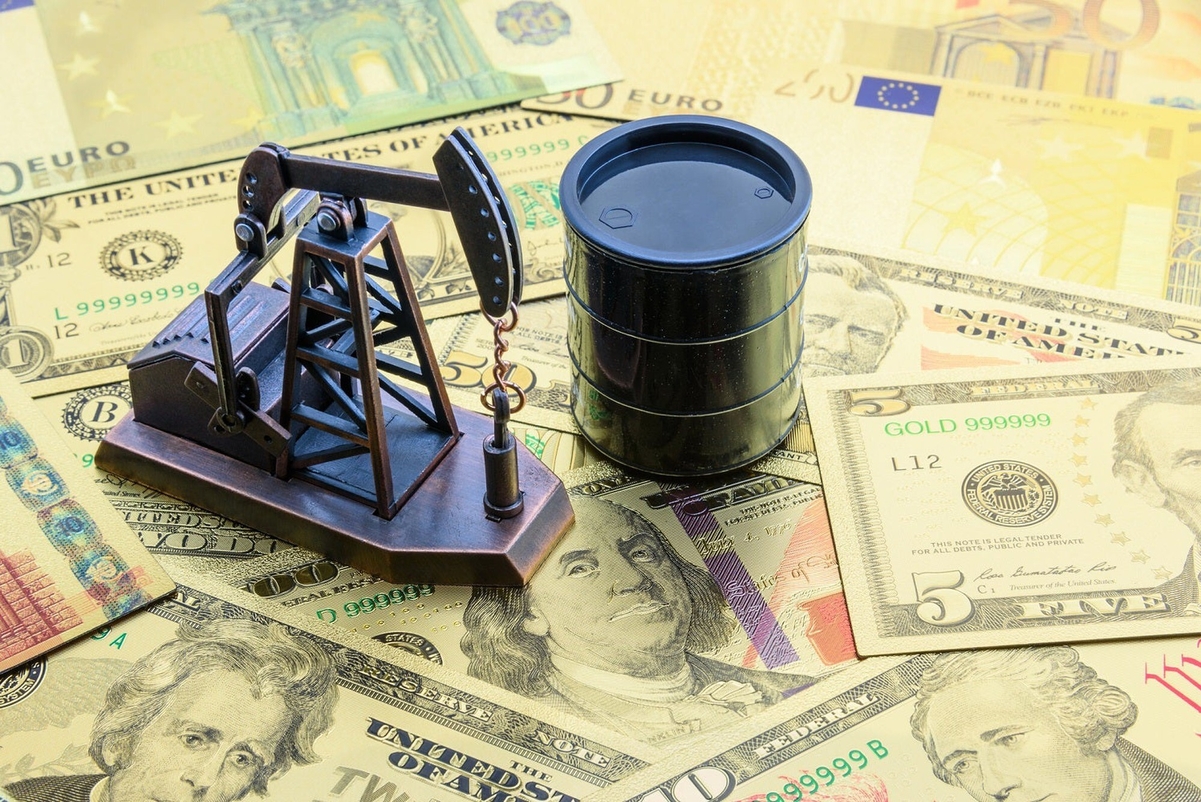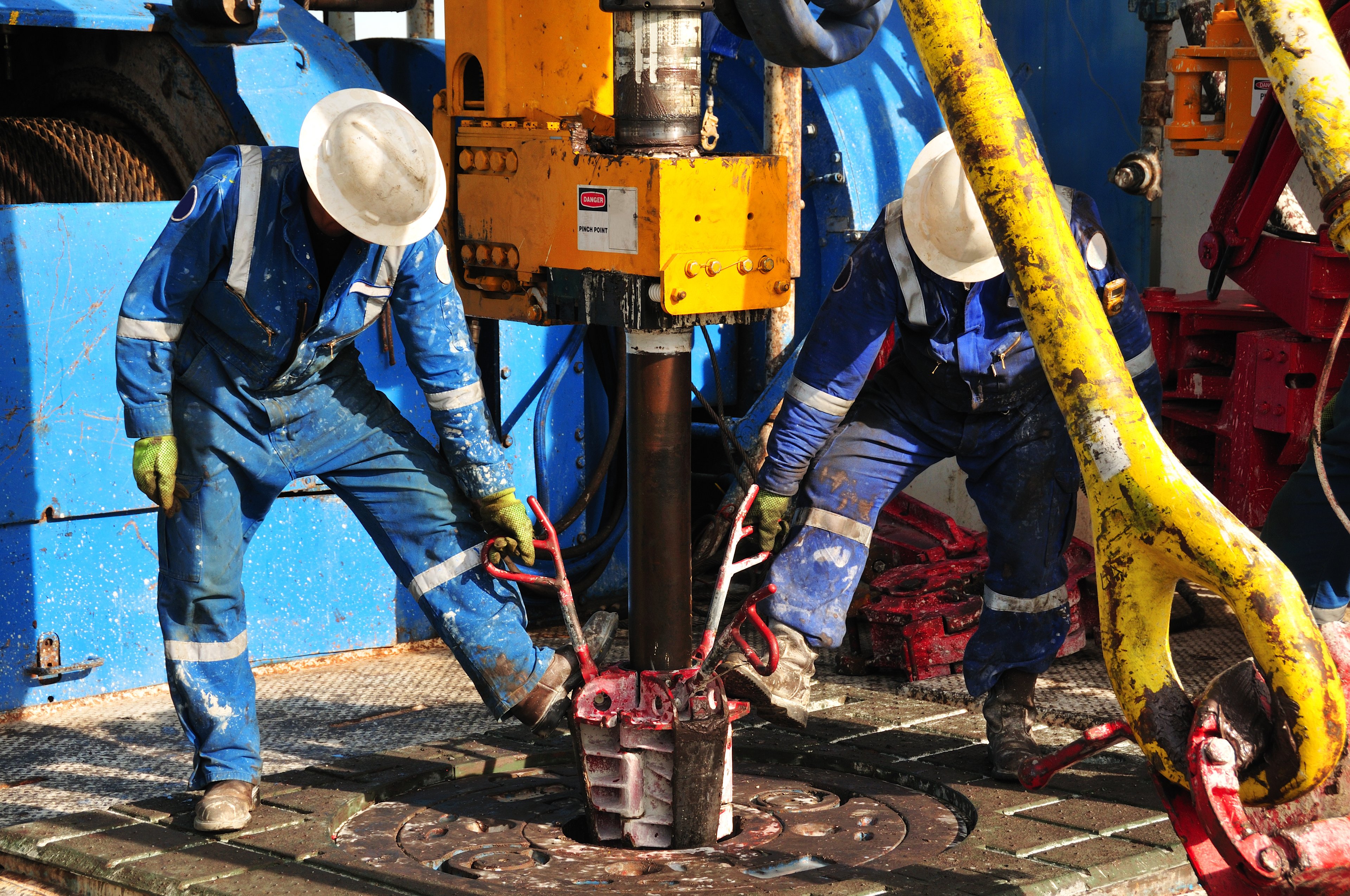Devon Energy Corp. (DVN +4.02%) has weathered the downturn in the oil market quite well. The oil and gas producer has done a solid job of keeping its costs in check, enabling it to deliver stronger-than-expected results over the past couple of quarters. That relative outperformance could be on display again this quarter, with second-quarter results scheduled to be released on August 4 after markets close. Here's what to focus on when reviewing that report.
First, let's review
For Devon Energy, the first quarter was really the best of times and the worst of times. Operationally, the company performed exceptionally well as production averaged 685,000 barrels of oil equivalent per day during the quarter. Not only was that 22% higher than the year-ago quarter, but it beat the company's own guidance by 12,000 BOE/d thanks to very strong well performance.
That being said, weaker oil prices caused the company's profitability to drop to just $0.22 per share, which missed analysts' estimates. If there was a silver lining here, it was the fact that the company did a solid job controlling costs, which came in below guidance. Meanwhile, the company also boosted its full-year production guidance despite shaving down its capital budget as Devon Energy continues to produce more oil for less money.
Devon Energy vs. expectations
While oil and gas prices were a bit weaker in the second quarter, analysts expect Devon Energy to deliver stronger earnings over last quarter as a result of its cost-cutting initiatives. Currently, the consensus earnings estimate from analysts is that it will earn about $0.43 per share. However, if it can deliver stronger production or further improve costs, it's quite possible that it could beat those estimates.
The other big driver of the expected sequential growth in per-share profitability is the company's oil-focused drilling program. Devon Energy is expected to grow its oil production by 25%-35% this year, which despite the recent price weakness still carries higher margins than natural gas or NGLs. In fact, that's why the company is allowing its natural gas and NGL production to decline by about 5% and 1%, respectively.
Any changes to those growth plans?
Speaking of the company's production growth plans, investors should keep an eye out for any changes. Last quarter, it increased its full-year guidance for oil production growth from 20%-25% to the aforementioned 25%-35% as a result of its better-than-expected production last quarter and its outlook for more of the same. Furthermore, the company also announced that it would accomplish this while shaving $250 million off its capex budget, which is now expected to be in a range of $3.9 billion-$4.1 billion.
What investors will want to keep an eye on are any changes to these plans. If the company is continuing to surpass expectations for well results along with incremental well costs savings, it's possible that it could boost production guidance and/or further shave capex. One other thing to watch is the company's very solid balance sheet. So, it's also quite possible that it could look to boost its capex budget if is sees signs on the horizon that oil prices are poised to rebound, which, of course, would be a bullish sign for the future.
Investor takeaway
Despite the fact that oil and gas prices remained weak during the quarter, there's an expectation that Devon Energy will deliver relatively strong second-quarter results. This is due to the fact that the company is expected to keep growing its higher-margin oil production while reducing costs. Also, it continues to deliver strong drilling operations as new well performance has outpaced expectations. This is a potentially powerful combination for the company should oil prices rally in the future.






